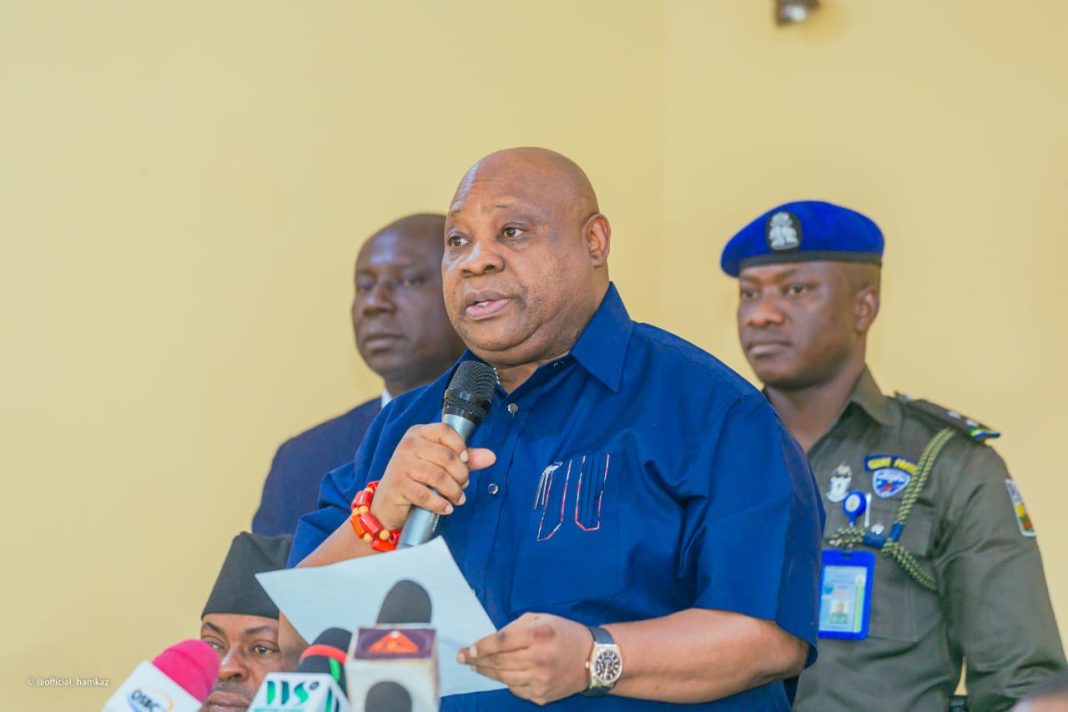OSOGBO, Nigeria — Civil servants in Osun State protested and walked out of an ongoing staff audit on Thursday, July 6, 2023.
The audit, conducted by the Osun State Government through Saibot Consulting, has been described by the civil servants as “baseless” and they expressed frustration over the manner in which the consulting firm treated them.
Some of the civil servants, who requested anonymity, spoke to journalists about their grievances.
They expressed that they were subjected to ill-treatment and indignity during the exercise, and criticized the rationale behind the audit.
“We don’t see the need for the exercise as it is baseless; they could have called it transition and got the details from the previous consultant (Charms), instead of wasting everybody’s precious time,” said one of the civil servants.
Labour union leaders who were present at the venue also instructed their members to discontinue the audit until after a review meeting, and pending further communication of their decision to the civil servants in the state.
The Osun State Government had mandated its workers to participate in the staff audit.
While organized labor in the state opposed the exercise, alleging a lack of adequate consultation, the state government maintained that the audit was not intended as a witch-hunt, but rather an effort to reposition the state civil service.
In addition, academic and non-academic staff of state-owned tertiary institutions have urged the state government to decentralize the exercise.
They alleged incompetence on the part of the consulting firm and threatened to embark on industrial action if their demands were not met.
Efforts to get comments from Saibot Consulting, the firm overseeing the audit, were unsuccessful.
The situation highlights the tension between government efforts to reform and streamline civil service operations and the concerns and welfare of civil servants who are critical stakeholders in such initiatives.
The Osun State Government is likely to face pressure to address its civil servants’ concerns and ensure that their dignity and welfare are respected in any further auditing or reform initiatives.







